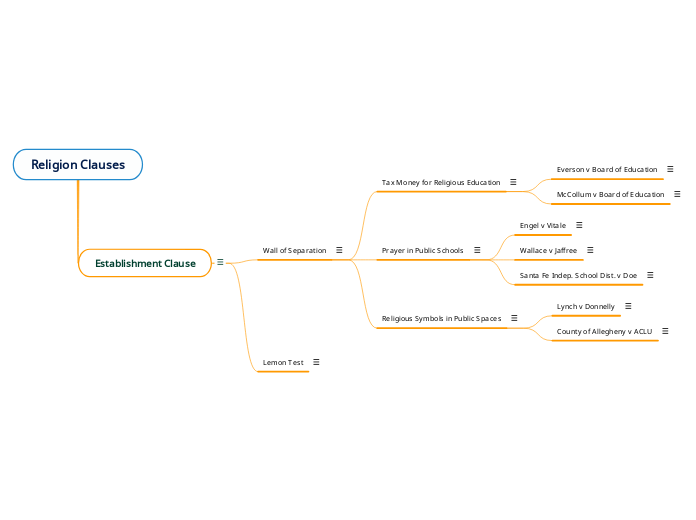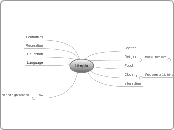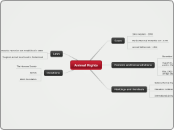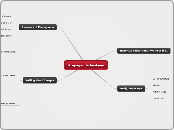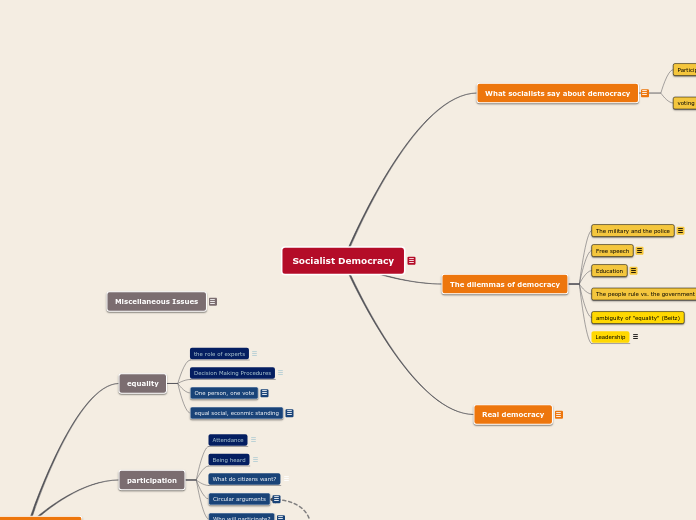Religion Clauses
Establishment Clause
"Congress shall make no law respecting an establishment of religion"
The Establishment Clause makes it illegal for the government to establish a religion. The government violates the establishment clause if it literally establishes a church, participates in a religion, or favors a religion over another one. The government needs to treat groups with and without religious beliefs equally.
This is the main idea and what all the cases stem off of in the sense that they will in some way or another violate the establishment clause or seem as though they might be violating it.
Lemon Test
This case brought to the supreme court violated the establishment clause of the first amendment, they ruled that it was unconstitutional.
Wall of Separation
The court says that for our systems to work best, we have to make sure that the government doesn't interfere with religion and vice versa.
“In the words of Jefferson, the clause against establishment of religion by law was intended to erect 'a wall of separation between church and State." There has to be a very clear and strict wall that separates religion.
This topic connects to the establishment clause because it is the main thing in how the establishment clause works. Without this we have no clear way to know the separation of church and state.
Religious Symbols in Public Spaces
Not only must there be a clear divide when it comes to schools, but also in public places. in some cases having a religious symbol in a public place might violate the establishment clause and wall of separation.
County of Allegheny v ACLU
In this case they violated the establishment clause and wall of separation because there was a religious symbol in a public place. there was a nativity scene, Christmas tree, and Menorah in a public area and that was not allowed. In this case having religious symbols in a public place is not allowed when it seems as though they are trying to push religion onto the general public. it also matter where the religious symbol is. Specifically in this case the religious symbols were placed in a very public place.
Lynch v Donnelly
Having public displays in honor of holidays might violate the establishment clause, but sometimes they can be used for secular purposes. In this case, the court agreed that having a nativity scene was not meant to persuade people to religion. Rather, it was found to actually teach people the historical significance of it. The nativity scene display was not meant to coerce anyone under any influence of religion. We learn from this that not all public displays in honor of religion violate the establishment clause or the wall of separation.
Prayer in Public Schools
There needs to be a strict wall when talking about public schools. There are many cases that went against this strict divide with prayer in public schools and they violated the establishment clause. It violated the establishment clause because the government cant favor one religion and by having a religious prayer in a public school that seems as though the government is for that religion.
Santa Fe Indep. School Dist. v Doe
The prayer that was said in this case was found unlawful by the court because it was considered government speech. The reason for this is that the court thought the prayers were pushing a religion on the students. It demonstrates how strong the divisions between church and state are, and it exemplifies the requirement for equality in all government-run funds.
Wallace v Jaffree
A law in Alabama, which required a one-minute of quiet time in all public schools. "For meditation or voluntary prayer." This violated the establishment clause of the First Amendment. This also violated the separation of church and state since a public school is supposed to not have any prayer or push anyone to do any prayer since there has to be a clear divide between religion and government. This moment of quiet was deemed unconstitutional, and that it not only was a violation of the state's duty of total neutrality toward religion, but also an explicit endorsement of religion.
Engel v Vitale
in this case they were violating the establishment clause and by default also violating the wall of separation. although the prayer in this case wasn't mandatory and no one was forced to say it, it still went against the fourteenth amendment and the establishment clause. There has to be a clear divide between church and state. There was too much pressure when saying the prayer in this case, so people almost felt obligated to say the prayer. This even more so goes against the establishment clause!
Tax Money for Religious Education
There were many cases where there were schools that violated the wall of separation and had tax money be used to aid religious private schools. This is not only not allowed because it crosses the wall of separation, its also not allowed according to the establishment clause.
McCollum v Board of Education
The court believed that the wall separation of religion and state was being broken in the case in McCollum v Board of Education because religious teachers, who taught at religious private schools, were also teaching secular subjects. And they felt like this was going against the First Amendment and Fourteenth Amendment. People's tax money is not allowed to be used to help aid these religious private schools and in this case, it was.
Everson v Board of Education
In this case they were trying to have tax money be used for religious education, which violates the establishment clause because the government cant aid a religious school. The decision of the court in Everson v Board of Education doesn't break the “wall” between religion in state because in the end the court decided not to allow the parents to be reimbursed from their money used for transportation.
